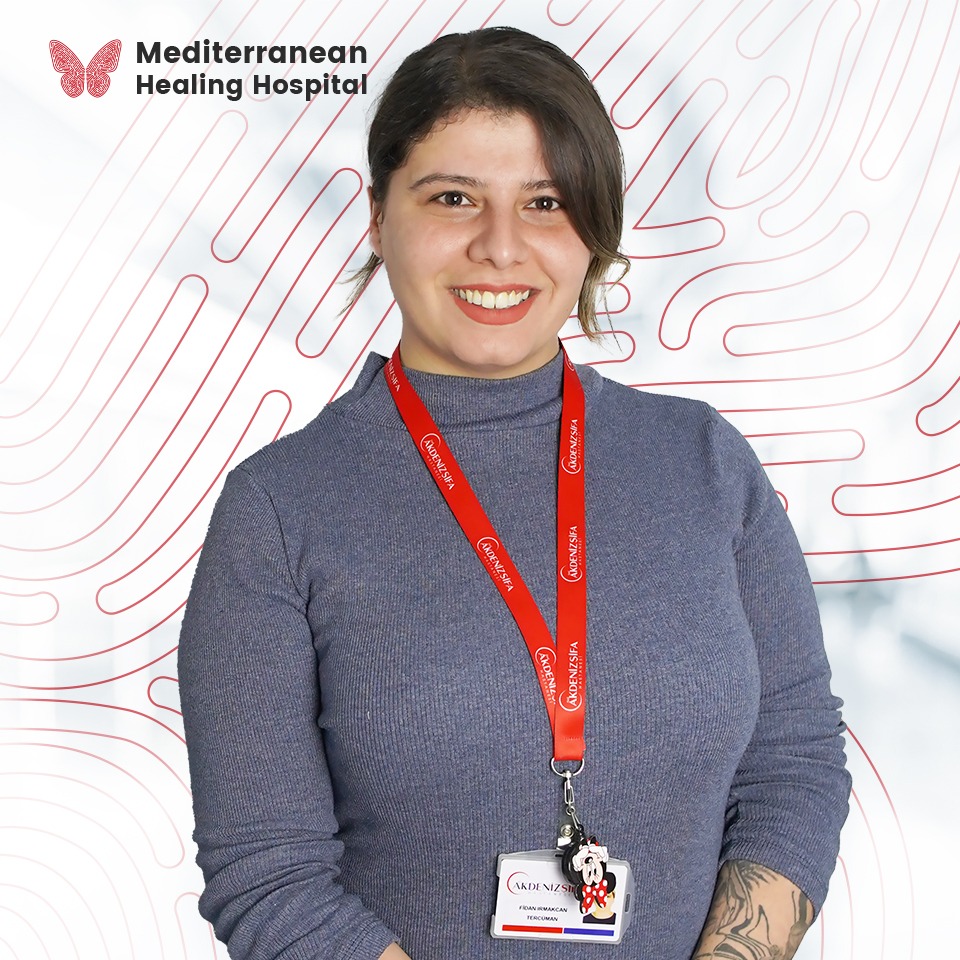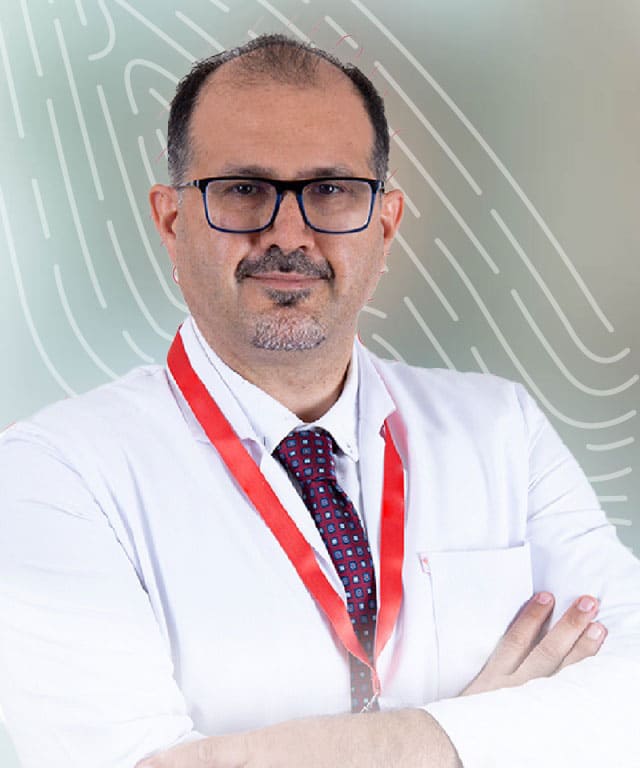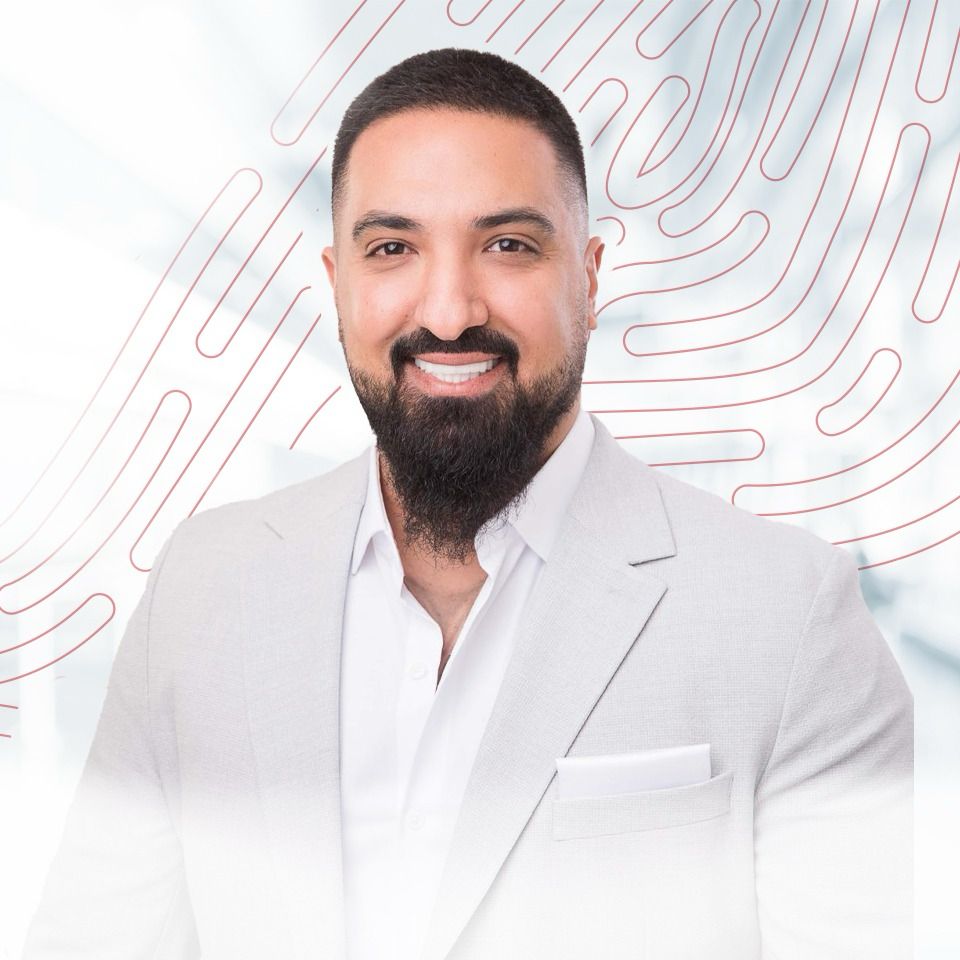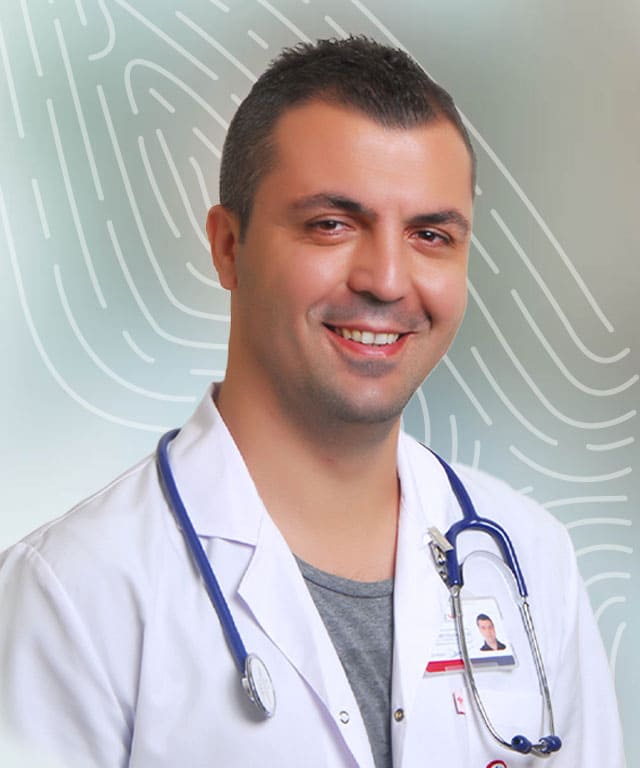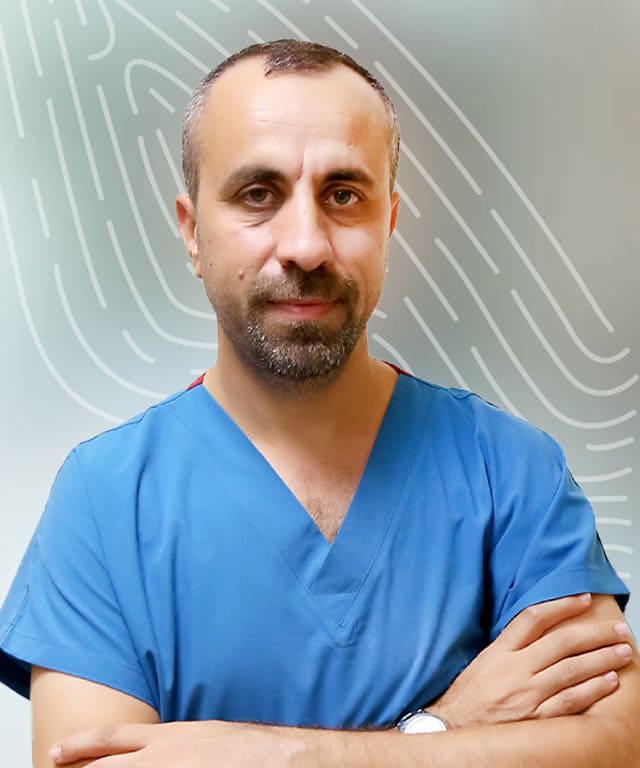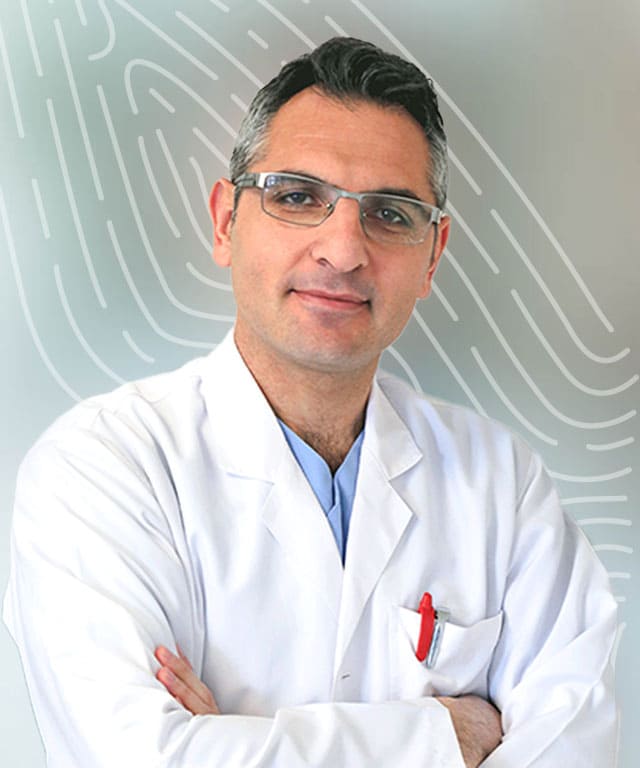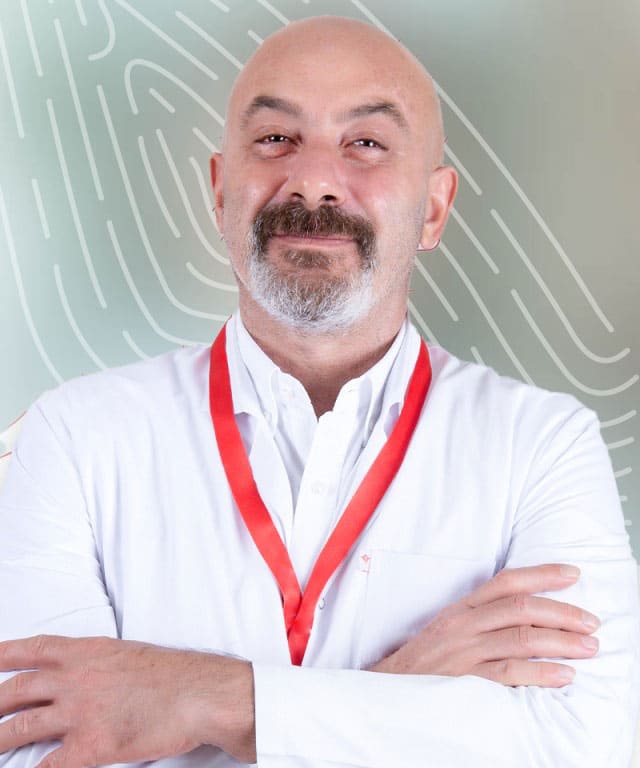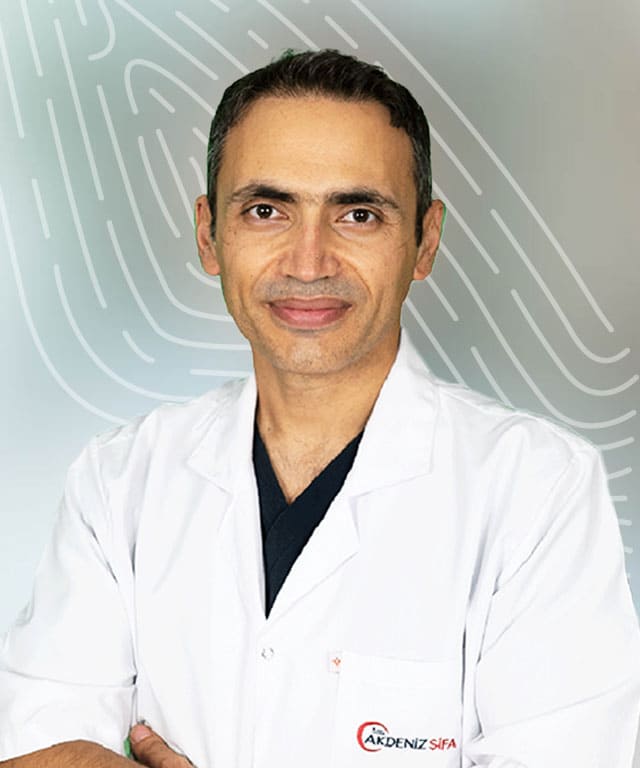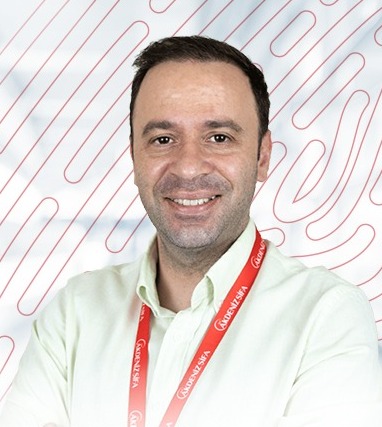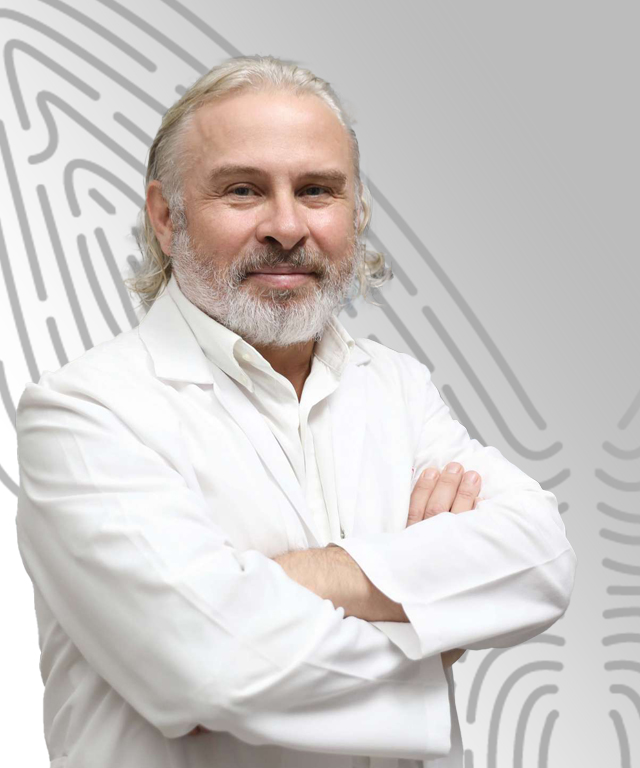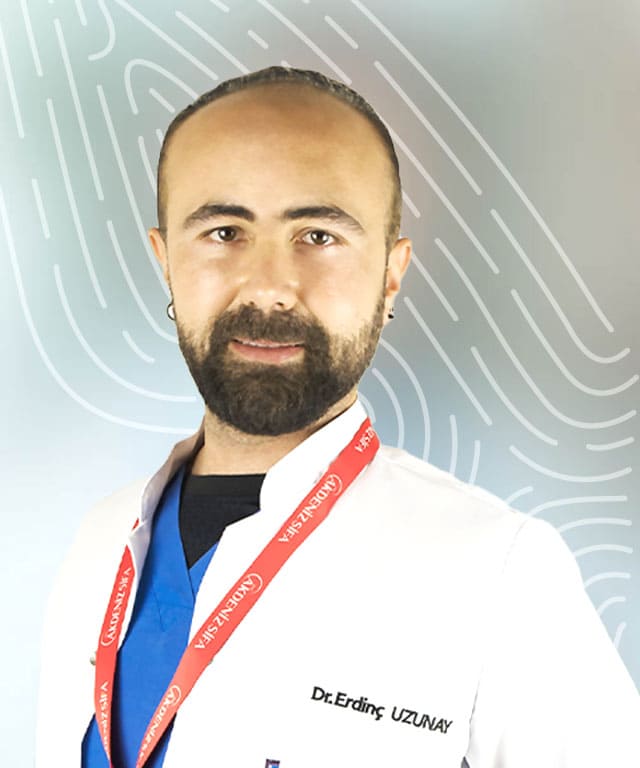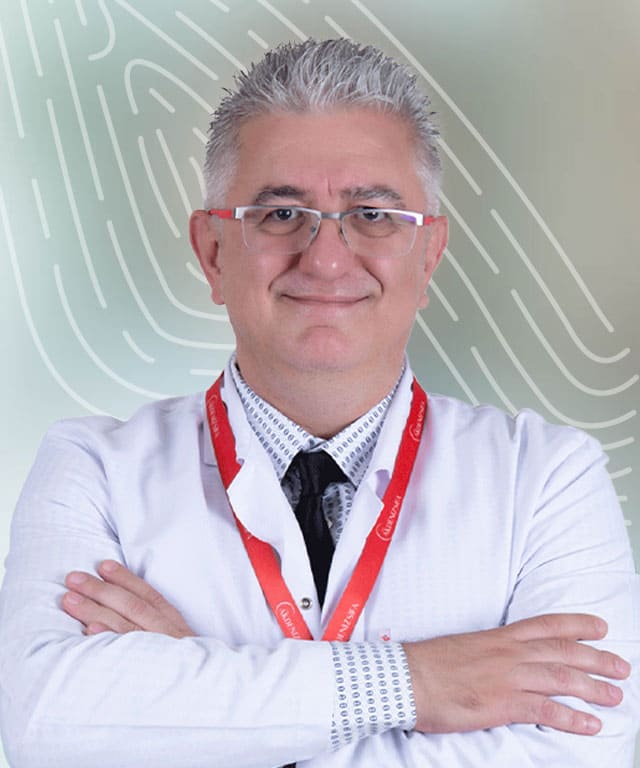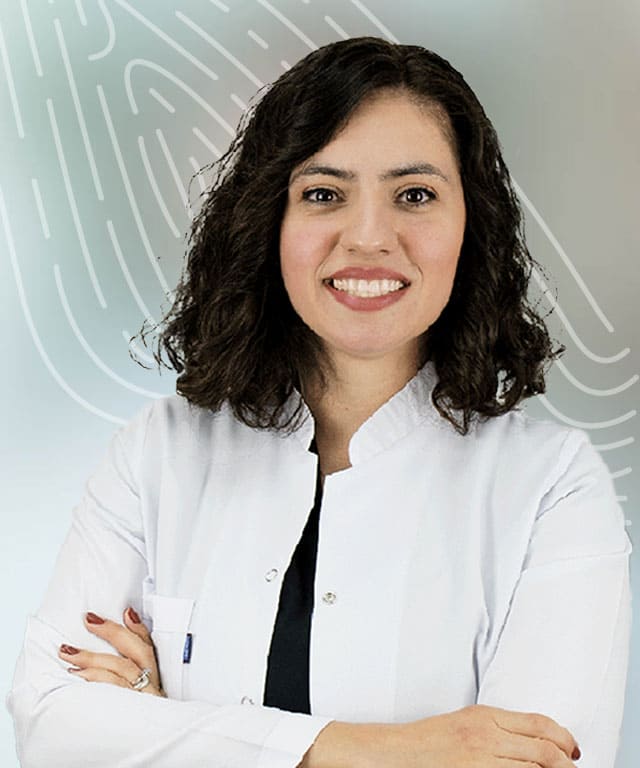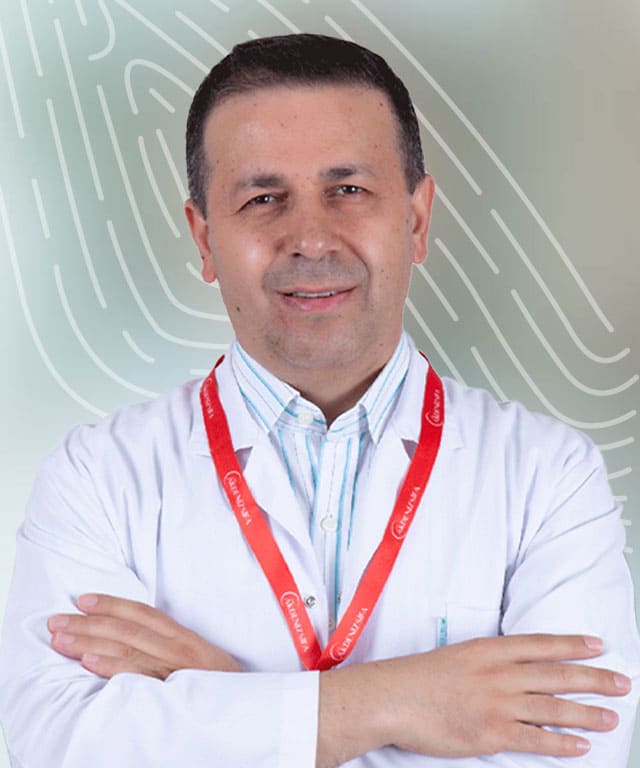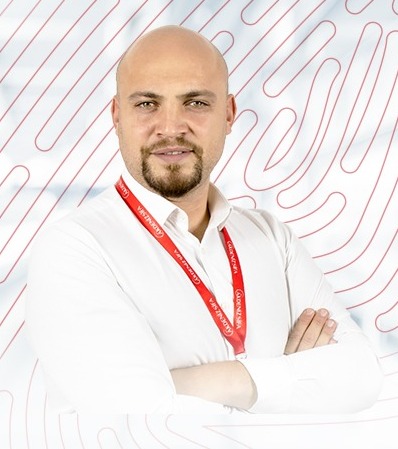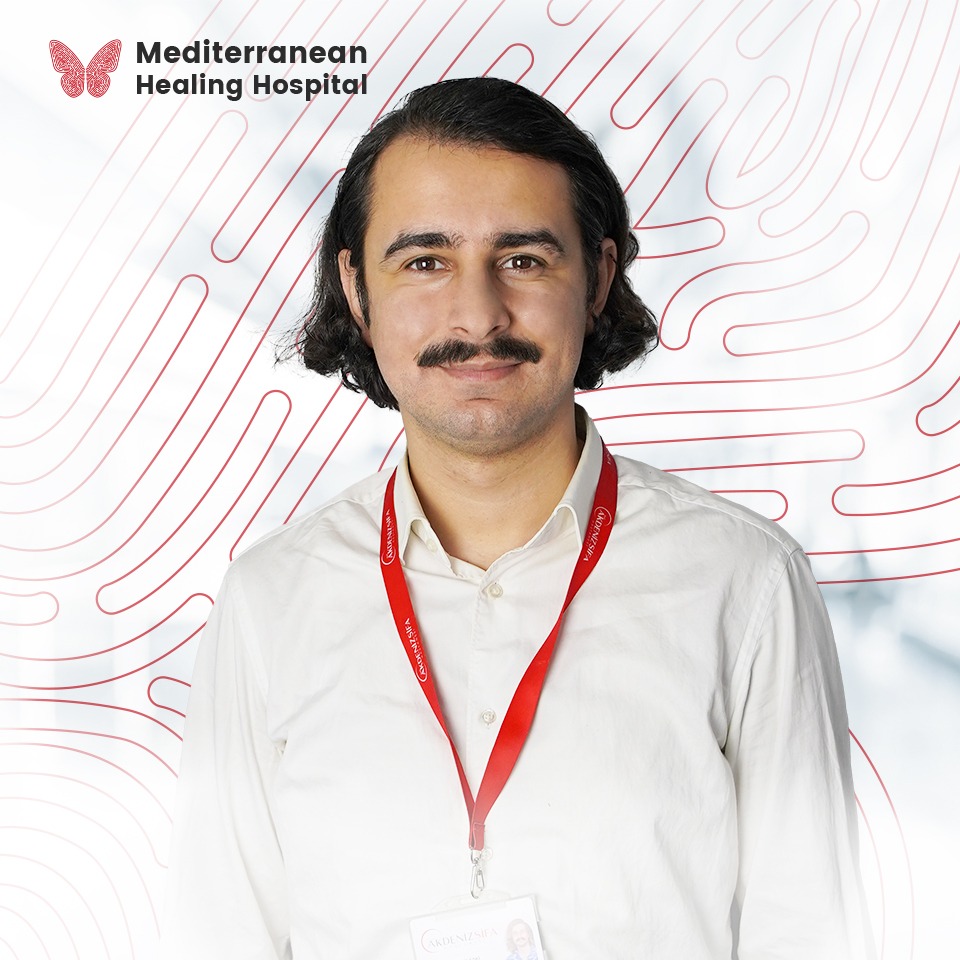Roux-en-Y Gastric Bypass is a surgical procedure used in the treatment of obesity. In this procedure, the stomach is reduced in size and the digestive pathway is altered to achieve weight loss. Firstly, the upper part of the stomach is cut to create a smaller pouch. This new stomach pouch allows for less food intake and increases the feeling of fullness. Then, the small intestines are cut to create a new connection point. This allows food to bypass the upper part of the small intestines and reduces nutrient absorption. Roux-en-Y Gastric Bypass restricts food intake and decreases nutrient absorption, thereby promoting weight loss.
Roux-en-Y Gastric Bypass is an effective surgical procedure for the treatment of obesity. In this method, a small portion is left near the upper part of the stomach where it connects to the esophagus, and this portion is closed and cut off, effectively disabling about 90% of the stomach. This creates a proximal gastric pouch, which is a small area at the entrance of the stomach with a volume of less than 30 mL, similar to the size of a teacup.
In this surgical procedure, the stomach is left in place and no part of it is removed. The existing stomach is bypassed by creating the gastric pouch, allowing food to reach the pouch. Approximately 100 cm of the distal (lower) part of the small intestine is cut and connected to the new gastric pouch, creating a new pathway for digestion. The proximal (upper) part of the cut intestine is attached to this newly created pathway for nutrition.
The Roux-en-Y Gastric Bypass surgery affects two main mechanisms in the treatment of obesity. Firstly, due to the significant reduction in stomach volume, the patient's food intake is greatly reduced. The newly created gastric pouch allows for less food consumption due to its smaller size. This increases the feeling of satiety and promotes weight loss.
Secondly, the Roux-en-Y Gastric Bypass surgery triggers a process called malabsorption. Food does not follow the normal digestive route and a portion of the small intestine is bypassed, directing it directly to the intestinal system. As a result, the absorption of nutrients decreases, and the amount of calories absorbed by the body decreases. The malabsorption effect helps the patient lose weight.
Roux-en-Y Gastric Bypass surgery can also contribute to the improvement of obesity-related health problems. Symptoms of conditions such as type 2 diabetes, high blood pressure, sleep apnea, and heart disease, which are associated with obesity, often decrease or completely disappear after this surgical procedure.
During the postoperative period, patients typically consume liquid and pureed foods for a while. They gradually transition to solid foods, and a lifelong commitment to a healthy diet and lifestyle change is necessary. Additionally, taking vitamin and mineral supplements is important because the body may not adequately absorb these nutrients due to the malabsorption effect.
While Roux-en-Y Gastric Bypass surgery is an effective option for obesity treatment, it may not be suitable for everyone. Before the surgery, factors such as the patient's degree of obesity, overall health condition, weight loss attempts, and other are evaluated. Furthermore, postoperative support and follow-up are crucial. Patients are regularly monitored by a surgeon and a multidisciplinary team to track weight loss, nutritional status, and overall health.
Our expert doctors can assist you with information about Roux-en-Y Gastric Bypass surgery. This surgical procedure provides effective results in the treatment of obesity. However, like any surgical procedure, it carries risks and potential complications. Therefore, individuals considering the surgery should consult with a qualified surgeon, undergo a thorough evaluation, and make an informed decision. Support and guidance from our medical team are available before and after the surgery to help you with the necessary lifestyle changes and provide ongoing support.
All The Answers To Your Questions Are Here!
Our aim is to provide detailed and comprehensive answers to all your questions about Roux-en-Y Gastric Bypass surgery, helping you make informed decisions and alleviate any concerns you may have. If you have further inquiries or need more detailed information about Roux-en-Y Gastric Bypass surgery, please don't hesitate to contact our experts.
Roux-en-Y Gastric Bypass is a surgical procedure used in the treatment of obesity. In this procedure, the stomach is made smaller and the intestines are rearranged. This reduces food intake and changes nutrient absorption.
Roux-en-Y Gastric Bypass is typically performed laparoscopically. The surgeon makes small incisions in the abdomen and uses a camera along with thin surgical instruments to reduce the size of the stomach and rearrange the intestines.
Roux-en-Y Gastric Bypass can be performed on individuals who are severely overweight or obese and have not had success with other weight loss methods. However, it is important to consult with your doctor to determine if it is suitable for you.
Roux-en-Y Gastric Bypass can help improve health problems associated with obesity. These include conditions such as type 2 diabetes, high blood pressure, sleep apnea, and joint problems. It can also lead to weight loss.
After Roux-en-Y Gastric Bypass, you may need to make changes to your food intake and nutrition. For example, eating small portions frequently, following a protein-rich diet, and taking vitamin and mineral supplements are important. Regular exercise is also recommended.
Focus on Your Health with Our Expert Doctors
Join us to benefit from the quality services provided by our expert doctors for the preservation and improvement of your health.
Interpreter Fidan IRMAKCAN
Interpreter
Opr. Dr. Barış GÜLGEZ
Bariatric Surgery
International Patient Coordinator RIFAT DEMİRTAŞ
International Patient Coordinator Whatsapp Contact: +905313715705
Spe. Dr. M. Volkan ÇOPUR
Anesthesia
Spe. Dr. Murat ALYAKUT
Anesthesia
Assoc. Dr. Giray AYNALI
Otorhinolaryngology
Op. Dr. Erdal KAYHAN
Bariatric Surgery
Assoc. Dr. Mehmet Fatih ÖZLÜ
Cardiology
International Patient Coordinator Ersan YAKAR
International Patient Coordinator
Spe. Dr. Erdinç UZUNAY
Anesthesia
Spe. Dr. Serdar GÜNER
Pulmonology
R.D. Gizem Nur SAVACI BAHAR
Nutrition and Dietetics
Spe. Dr. Mehmet ATEŞ
Gastroenterology
Internationaler Patientenkoordinator Buğra ÖZKAN
Internationaler Patientenkoordinator
Interpreter Gökhan EKŞİ
Interpreter

